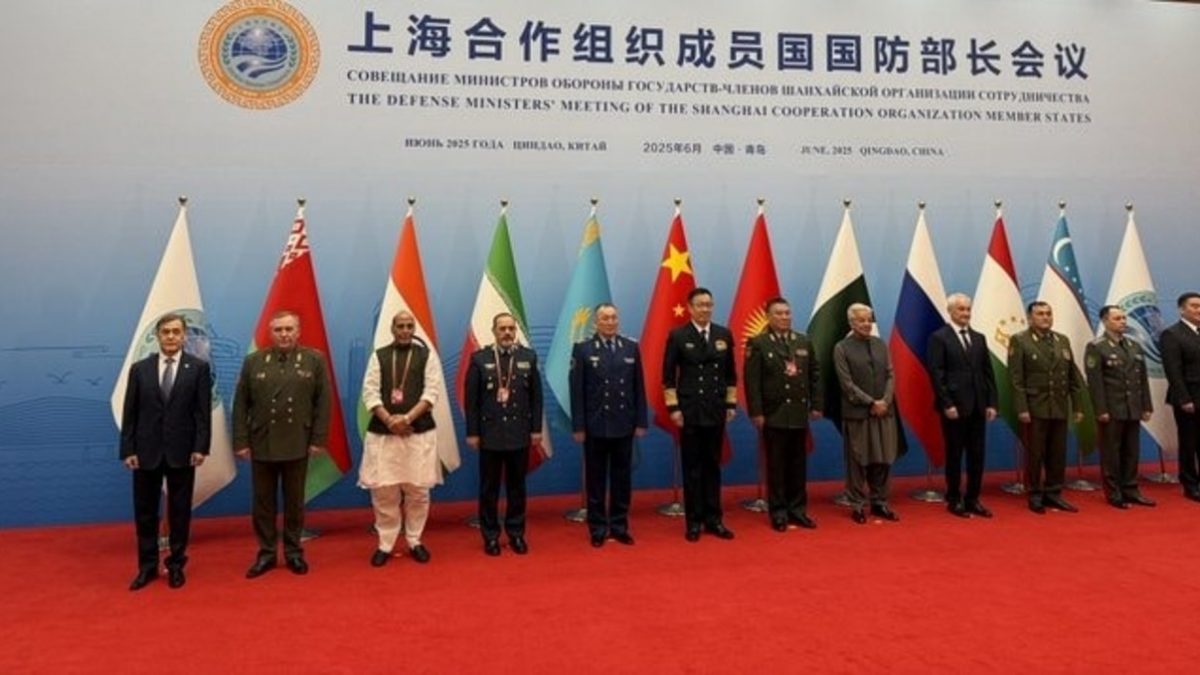Defence Minister Rajnath Singh has refused to sign a joint statement at a Shanghai Cooperation Organisation (SCO) meeting, sending a strong message over Pakistan’s sponsorship of terrorism and reaffirming India’s firm stance.
The statement failed to mention the recent terror attack in Pahalgam , which killed 26 people and was carried out by Pakistan-backed terrorists. It also did not reflect India’s clear position on terrorism.
Instead, the document referred to Balochistan, indirectly blaming India for unrest in the region without naming it explicitly.
Pahalgam’s exclusion as China holds the chair
The omission of the Pahalgam attack appears to have been influenced by Pakistan, with China—its close ally—currently chairing the SCO.
India has consistently rejected Pakistan’s allegations regarding Balochistan, urging Islamabad to end its support for terrorism rather than making baseless accusations.
Rajnath Singh in China for SCO summit
Defence Minister Singh is currently in Qingdao, China , attending the SCO Defence Ministers’ meeting. The summit brings together member nations—including Russia, Pakistan, and China—to discuss regional and global security. Established in 2001, the SCO promotes regional stability through cooperation and now has 10 member states: Belarus, China, India, Iran, Kazakhstan, Kyrgyzstan, Pakistan, Russia, Tajikistan, and Uzbekistan.
‘Terrorism doesn’t respect national boundaries’: Rajnath Singh
During his address at the meeting on Thursday, Rajnath Singh warned that terrorism “doesn’t respect national boundaries” and called for united international action to combat the threat.
He emphasised that India has “zero tolerance for terrorism” and referred to Operation Sindoor as a justified response to Pakistan-sponsored terror. “Peace and prosperity cannot co-exist with terrorism or the proliferation of weapons of mass destruction in the hands of non-state actors and terror groups,” he said. Singh called for strong, united efforts to address these challenges for the safety and security of all.
)